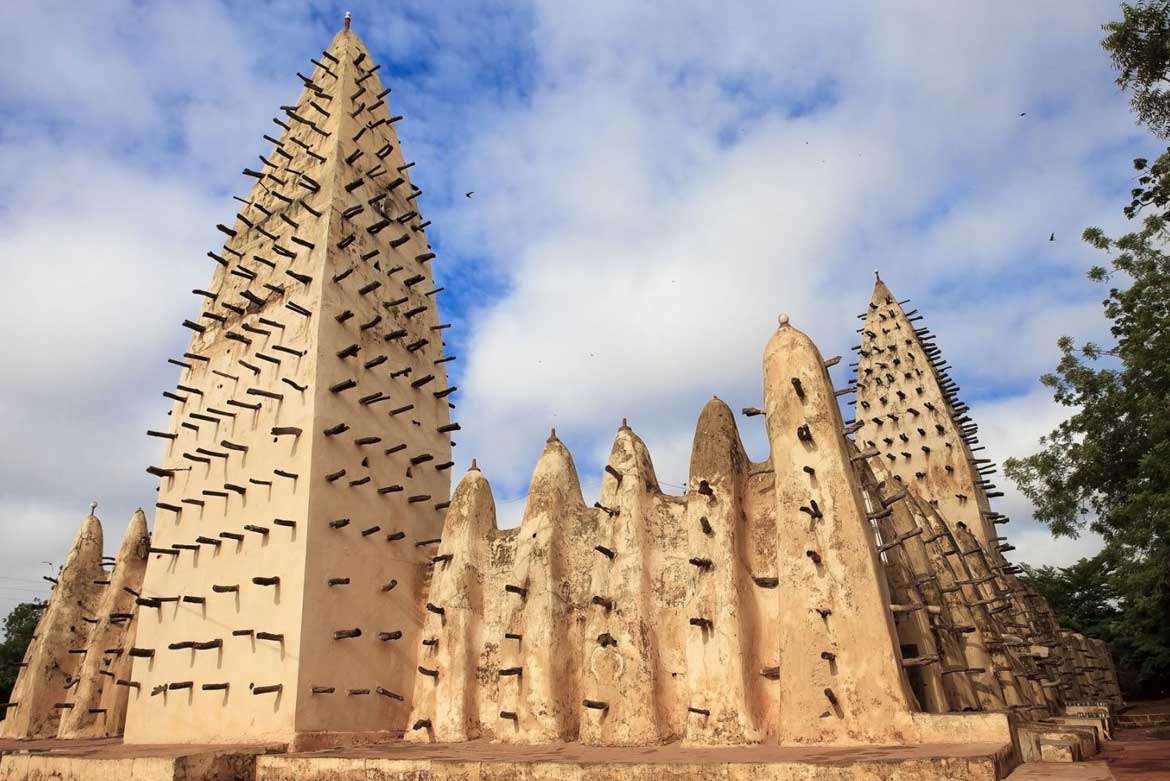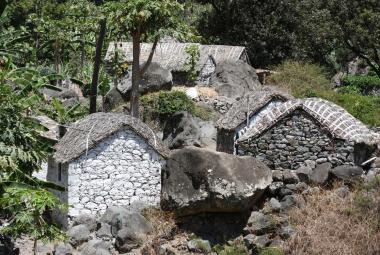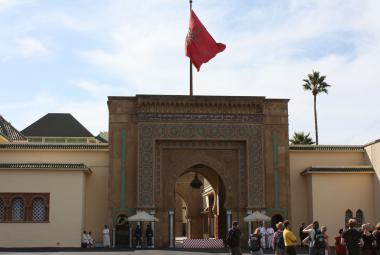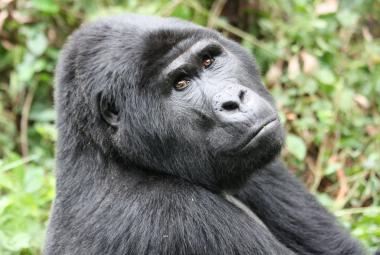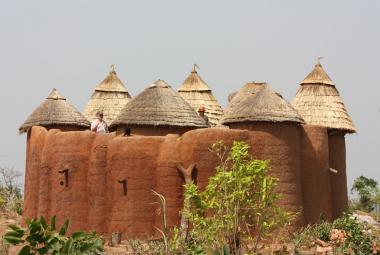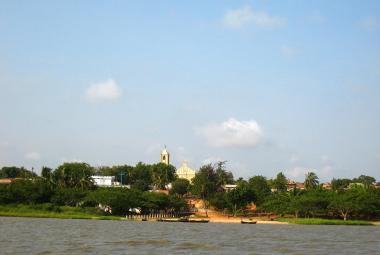Like all destinations in the hinterland of West Africa, the tourism sector in Burkina Faso has suffered from the terrorist actions carried out on its territory in recent years. And this situation is not without affecting all of West Africa, including even the countries that have still remained safe from terrorist acts.
Africa in general is still very far from exploiting its enormous potential in terms of tourism, in all the areas of this sector. In the past, it was only a problem of lack of adequate infrastructure or publicity around its assets. But things have changed a lot in recent years.
Industry professionals agree that it has been on the rise across the continent for more than two decades. However, this progression is uneven and also dependent on factors that depend on the fluctuating socio-political situations of many countries, particularly in Black Africa. However, in recent years, this region of Africa had almost supplanted the major tourist countries of the Maghreb such as Egypt, Tunisia and Morocco in terms of progress in the volume of tourist reception. Because of the political problems and their consequences inherent in the Arab Spring. Black Africa had thus recorded according to the indications of the World Bank 42 million visitors in 2017 against 30 million in 2007. And among the beneficiary countries, there are quite naturally those which guarantee socio-political stability in addition to having the adequate infrastructure and potential for tourist sites. It is worth mentioning in this case: the Seychelles (62% of GDP), Cape Verde (43%) and Mauritius (27%). To these countries must be added Gambia, Kenya, South Africa, Botswana and Tanzania.
It is less socio-political crises than terrorist attacks or kidnappings of Westerners, mostly from so-called Jihadist groups, that have slowed down this development of the tourism sector in West Africa. Mali and Niger were the first destinations to suffer. But as soon as Burkina Faso began to record the same actions on its territory as its neighbors, the entire sub-region was marked red by Western chancelleries and certain tour operators. So much so that the impact was felt even in Ivory Coast, further from the epicenter of terrorist acts and kidnappings of Westerners.
It all started in Burkina Faso in 2015. And at the end of that year, the West African Economic and Monetary Union (UEMOA) could see a clear decline in visitors. The direct consequence of this insecurity has been for this region the fall of 6% in tourist activities compared to 2014 and the drastic drop in revenues from the sector which fell by 3% to oscillate around 920 million dollars. When we know that several countries, in this case Burkina Faso, derive a good part of their tourist receipts from conferences and other international meetings, we can measure the impact of the terrorist acts which have constantly struck the country at their fair value on the national and sub-regional economy.
The actions of the terrorists have become more daring as they strive to push the boundaries to which they were hitherto confined. Ivory Coast has been hit many times. And countries like Ghana and Togo have had to put their borders under close surveillance with military patrols. One of the most daring actions that Benin Republic has witnessed is the violation of its territory in the northern border with Burkina Faso and Niger. This terrorist wave has also begun to spread further, to the countries of the Gulf of Guinea. In May 2019, two French tourists Patrick Picque and Laurent Lassimouillas were kidnapped from Pendjari National Park after their driver Fiacre Gbédji was killed. It took the intervention of the French Special Forces helped by their counterparts in Burkina Faso to free the hostages, at the cost of the death of Master Cédric de Pierrepont, 33, and Master Alain Bertoncello, 28, two French soldiers from the commando . They were respectively group leader and member of the famous commando Hubert, the assault unit of Saint-Mandrier (Var) made up of combat swimmers. Bad publicity which Benin's tourism sector did not need and which earned it long been put in the red zone by the French Ministry of Foreign Affairs. This has forced the government of Benin Republic and African Parks Benin, which has managed the said park since 2017, located 650 km from Cotonou, 420 km from Ouagadougou and about 490 km from Niamey, to strengthen security measures all around.
Admittedly, the Defense and Security Forces (FDS) supported by Volunteers for the Defense of the Homeland (VDP) fight valiantly against terrorists on a daily basis. National armies have formed what is called the G5 Sahel with a view to more coordinated actions to deal with the phenomenon of terrorism, which has more complex roots. But despite everything, insecurity still prevails. Even to the point of hindering travel within the territories concerned.
According to information from the West African Economic and Monetary Union (UEMOA), the rate of tourism flows to West Africa recorded a drop of 70% in 2021. And this because of the Covid-19 pandemic, indicated Gustave Diasso, the representative of the WAEMU Commission. According to him, the Covid-19 has brought the entire tourism industry to its knees in the WAEMU region. “Countries have been impacted by Covid-19. We can cite the Ivory Coast and Senegal. In addition to this, other issues including terrorism have affected tourism in some countries.” WAEMU, which brings together eight West African countries, set up a Regional Tourism Development Program (PRDTour) in 2010. With the ultimate objective of making this community space a center for the development of tourism in Africa.
It is difficult to assess the current cost of losses in the tourism sector in each country and overall in West Africa in the absence of official and precise statistics. One thing is sure and certain, they are colossal. This is already evidenced by the complaints of the protagonists of the sector, all professions combined. Today, even with increased and improved security, it would take many years for tourism to regain its luster and tranquility of yesteryear.
In its report on Tourism and Security in Africa, the African Union concludes in these terms: "The competitiveness of Africa as a tourist destination is largely influenced by, among other factors, the way tourists perceive their risk or danger (whether real or not) by visiting the continent. Given Africa's very low Tourism and Travel Competitiveness Index ranking, it is important that the continent puts in place measures to address a number of issues including limited food safety and security. of tourism. By harnessing the institutional and policy frameworks of the African Union, much could be done to improve tourism safety and security which in turn will influence Africa's ability to maintain a positive image, create a conducive business environment tourism and attract investment. Africa’s competitiveness will improve when well-designed and coordinated strategies on safety and security are implemented”.
By Serge Félix N’PIENIKOUA



